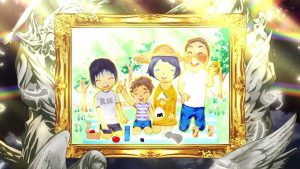 Anytime Obata Takeshi and Ohba Tsugumi collaborate on a manga, it’s a serious development. “Ashirogi Muto” brought us Bakuman and Death Note, two of the biggest manga of the Shounen Jump empire, and Obata has contributed art on some other very major works. I think there’s a certain level of interest that any work these two do is going to generate – even when they’re not at their best, their talent is going to stand out. And if that sounds like setting up Platinum End with a left-handed compliment, that’s because it is.
Anytime Obata Takeshi and Ohba Tsugumi collaborate on a manga, it’s a serious development. “Ashirogi Muto” brought us Bakuman and Death Note, two of the biggest manga of the Shounen Jump empire, and Obata has contributed art on some other very major works. I think there’s a certain level of interest that any work these two do is going to generate – even when they’re not at their best, their talent is going to stand out. And if that sounds like setting up Platinum End with a left-handed compliment, that’s because it is.
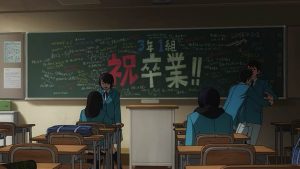 The Platinum End manga is, charitably, a hot mess. I won’t go into all the reasons why, because they’d amount to anime spoilers. And the early part of the manga is the best, which at least this adaptation has going for it. Another thing it has going for it is that the manga is finished, so the anime can wrap up everything in its 24 episodes. That’s not enough for a faithful adaptation but given how badly the manga misfired in its later stages, that may not be a bad thing.
The Platinum End manga is, charitably, a hot mess. I won’t go into all the reasons why, because they’d amount to anime spoilers. And the early part of the manga is the best, which at least this adaptation has going for it. Another thing it has going for it is that the manga is finished, so the anime can wrap up everything in its 24 episodes. That’s not enough for a faithful adaptation but given how badly the manga misfired in its later stages, that may not be a bad thing.
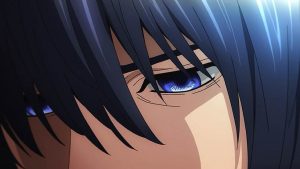 Another plus is Irino Miyu as protagonist Kakehashi Mirai. I would have preferred other options for Miyu to have a rare lead role in anime these days, but he does bring his usual dignity and authenticity to the character. Given that Platinum End plays to a certain degree as an unabashed ripoff of Mirai Nikki (a better series in every way, IMO), it’s interesting to speculate whether the name is an homage to that series or simply on the nose in terms of meaning. There’s not a lot of preamble to Mirai’s story – we walk in on his life just as he steps off a high-rise with the intent of killing himself. The backstory, such as it is, will come later.
Another plus is Irino Miyu as protagonist Kakehashi Mirai. I would have preferred other options for Miyu to have a rare lead role in anime these days, but he does bring his usual dignity and authenticity to the character. Given that Platinum End plays to a certain degree as an unabashed ripoff of Mirai Nikki (a better series in every way, IMO), it’s interesting to speculate whether the name is an homage to that series or simply on the nose in terms of meaning. There’s not a lot of preamble to Mirai’s story – we walk in on his life just as he steps off a high-rise with the intent of killing himself. The backstory, such as it is, will come later.
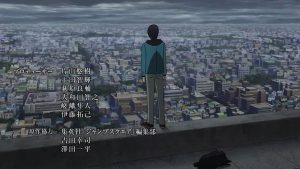 Mirai’s plan is foiled by Nasse (Ogura Yui), who catches him mid-plummet and introduces herself as an angel. She looks like one, but the resemblance ends there. She’s all about magic arrows to make people love you (red) and kill them (white), and preaches the gospel of revenge. Revenge, that is, against his aunt and uncle for killing Mirai’s family for inheritance and insurance money, taking him in and treating him like garbage. It soon becomes clear that she has a non-altruistic motive – there’s some sort of “God game” going on, and the idea is for Mirai to be a player.
Mirai’s plan is foiled by Nasse (Ogura Yui), who catches him mid-plummet and introduces herself as an angel. She looks like one, but the resemblance ends there. She’s all about magic arrows to make people love you (red) and kill them (white), and preaches the gospel of revenge. Revenge, that is, against his aunt and uncle for killing Mirai’s family for inheritance and insurance money, taking him in and treating him like garbage. It soon becomes clear that she has a non-altruistic motive – there’s some sort of “God game” going on, and the idea is for Mirai to be a player.
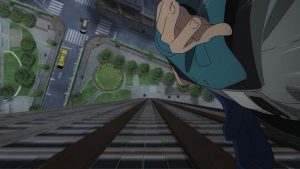 I’ll say this much – if you’re looking for uplift and redemption, keep looking. Mirai is a decent kid (that much is already clear) but Platinum End is a shitshow of human darkness and angelic interference that just doesn’t quit. I never quite figured out what Obata and Ohba set out to do here – why they felt this was a story they needed to tell – and that’s undoubtedly part of the problem. But the manga certainly has its moments as a trashy thriller, and the first episode of the anime was very well executed. This is one of those cases where I think the adaptation has a good shot at being better than the source material. And while that’s not a terribly high bar, I think it allows the possibility that Platinum End could end up a reasonably entertaining anime
I’ll say this much – if you’re looking for uplift and redemption, keep looking. Mirai is a decent kid (that much is already clear) but Platinum End is a shitshow of human darkness and angelic interference that just doesn’t quit. I never quite figured out what Obata and Ohba set out to do here – why they felt this was a story they needed to tell – and that’s undoubtedly part of the problem. But the manga certainly has its moments as a trashy thriller, and the first episode of the anime was very well executed. This is one of those cases where I think the adaptation has a good shot at being better than the source material. And while that’s not a terribly high bar, I think it allows the possibility that Platinum End could end up a reasonably entertaining anime


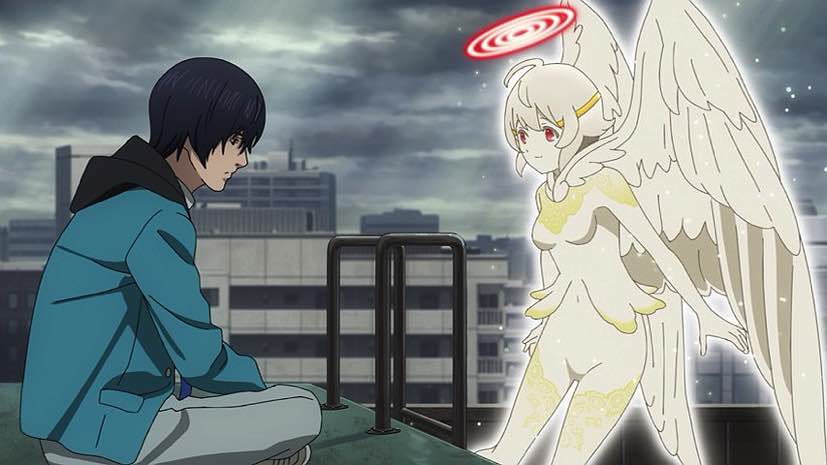
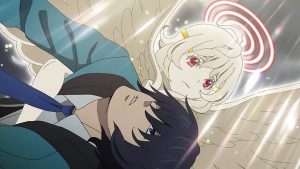
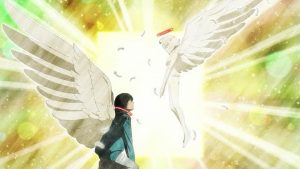
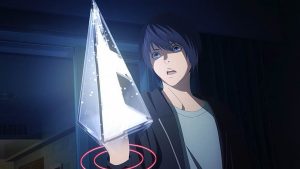

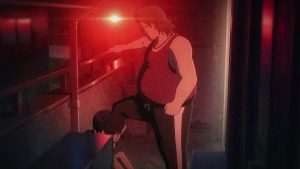

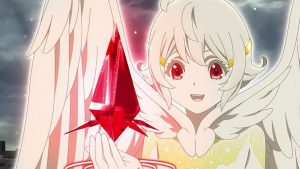
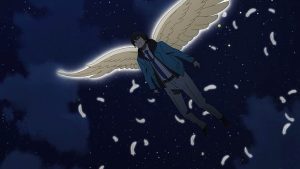


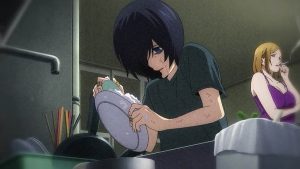

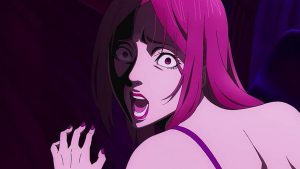
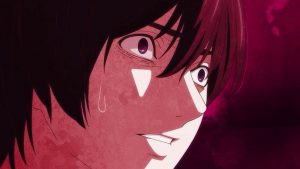
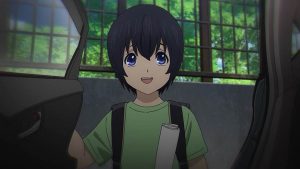
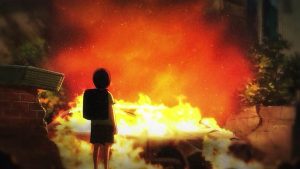
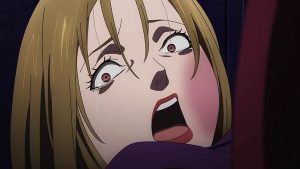
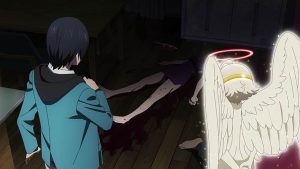
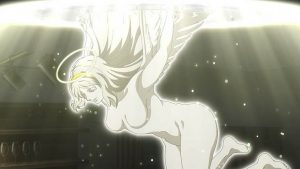
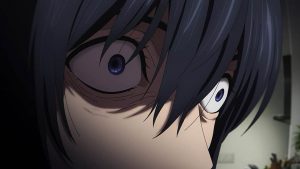
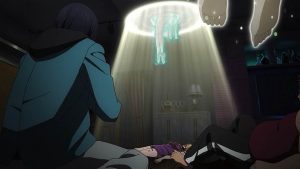
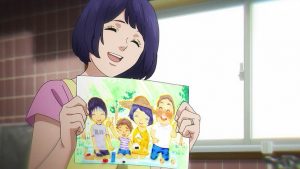
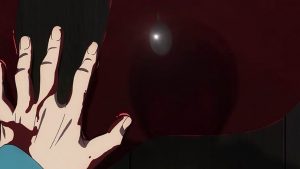
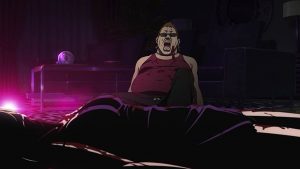
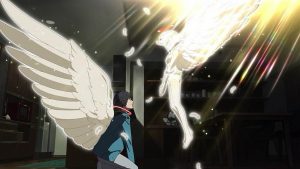
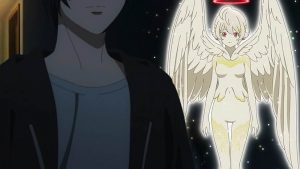
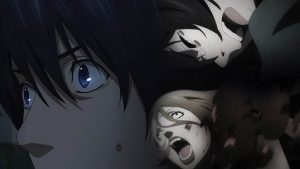
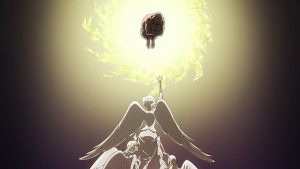


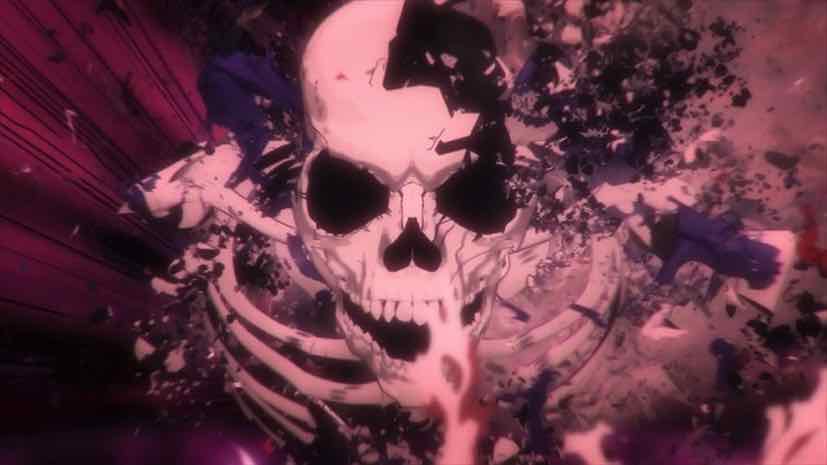

Snowball
October 9, 2021 at 10:54 pmThe visuals aren’t the worst I’ve ever seen, but they really pale in comparison to the manga and Death Note.